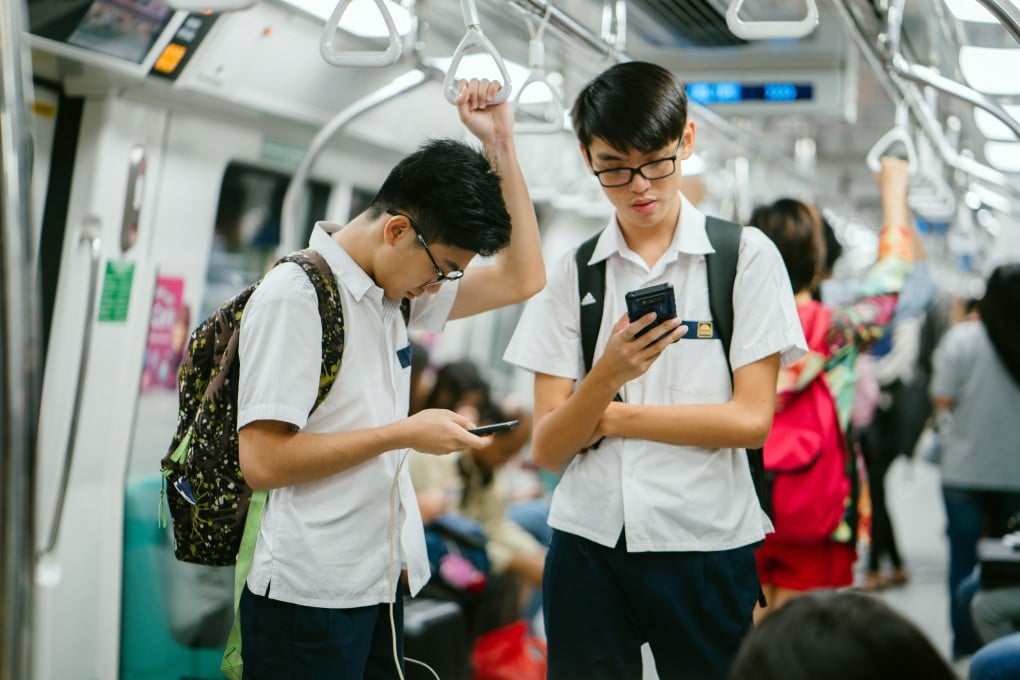Is Singapore really Asia’s happiest country? UN report sheds light on age divide
- Singapore ranked 30th in the World Happiness Report’s ranking of 143 countries
- However, Singaporeans under 30 years old reported significantly lower quality of life than those over 60

While the latest edition of an annual UN-sponsored report found Singapore to be Asia’s happiest country for the second year in a row, its survey data showed that the city state’s younger citizens rated their quality of life significantly worse than older generations.
One sociologist attributed the report’s generational disparity to younger people feeling the so-called Singapore Dream was now “less easily accessible” to them than their parents’ generation.
The 2024 edition of the World Happiness Report’s rankings are based on surveys, taken by around 1,000 respondents per country from 2021-2023, in which they rated their quality of life on a scale of 0 to 10. The rankings also take into account other factors such as GDP per capita, healthy life expectancy, social support, freedom, generosity and perception of corruption.
Out of the 143 countries surveyed, the top 5 in the report’s ranking are, in descending order, Finland, Denmark, Iceland, Sweden and Israel.

Singapore fell five spots from last year’s report to place 30th in the global rankings, but still kept its crown as the happiest among all Asian countries included in the survey.